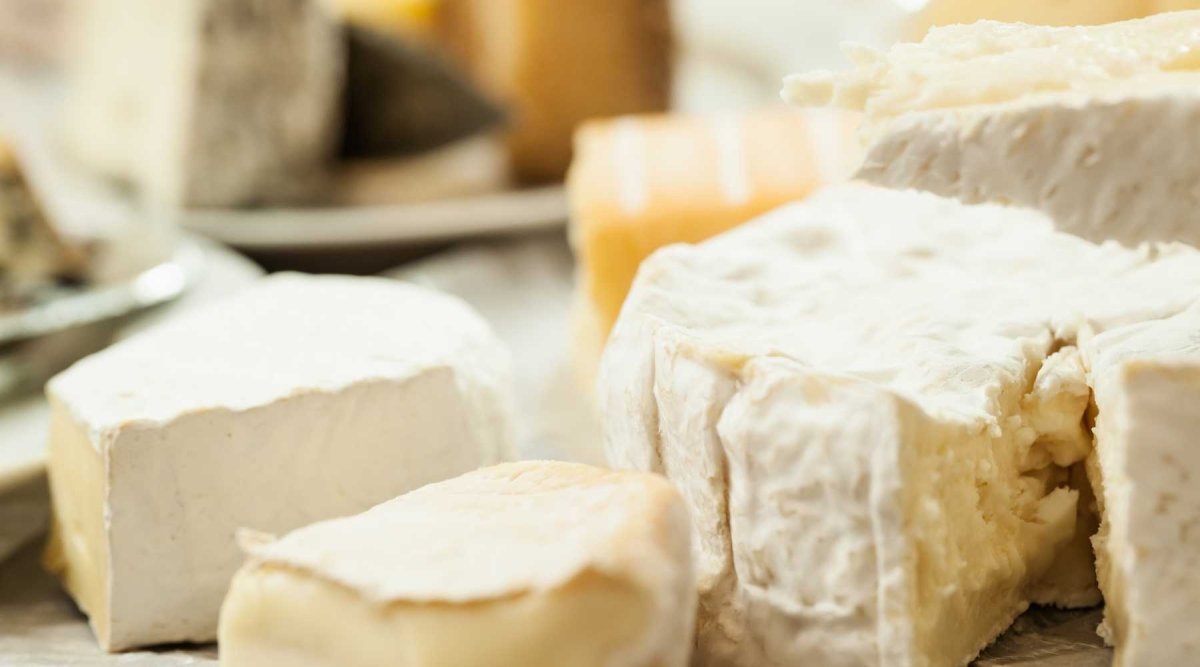There are numerous lists circulating the Internet sharing what you should eat during pregnancy. There are foods that are high in important nutrients and vitamins which help the growth of your baby. Some vitamins help your baby’s brain to develop, like folic acid. Some vitamins help your baby’s immune system like vitamin C. However, there is an even bigger list of foods which can harm your new bundle and make your pregnancy a tad bit more complicated and uncomfortable.
Seafood and Fish With High Amounts of Mercury.
In moderation, some foods can be consumed without negative affect on yourself or your fetus. Mercury is one. In large amounts, Mercury can contribute to behavioral and developmental issues later on in your baby’s life. While Mercury is found in canned light tuna fish, shrimp, and other seafood like Pollock, catfish, and tilapia, the levels are so low that tuna is something you are still able to eat (no more than 12 ounces weekly) and produce a still very healthy baby (According to FDA). However, the following foods have such high amounts of mercury that they should be avoided altogether during a pregnancy:
- Shark
- Swordfish
- King mackerel
- Tilefish
Undercooked Seafood and Other Animal Foods
Ingesting meat or seafood that has not been cooked or is undercooked can cause a food borne illness. To reduce your chance of falling victim to such illnesses, the following foods should not be eaten during pregnancy:
- Rare meat
- Raw oysters
- Clams
- Sushi
Unpasteurized Foods
Like consuming undercooked seafood and animal foods, the consumption of unpasteurized foods can also cause food borne illnesses and should be avoided during pregnancy:
- Unwashed fruits
- Unwashed veggies
- Unpasteurized eggs
- Raw cookie dough or cake batter
- Homemade egg nog
- Soft cheeses
Products Made From Unpasteurized Milk
As much as dairy is thought to be a pregnancy approved food group, there are some foods in this group that should be avoided. Foods made with unpasteurized milk are prone to listeria. “According to the Center for Disease Control (CDC), an estimated 1,700 persons become seriously ill each year in the United States and among these, 260 will die. Although the CDC states that pregnant women are 20 times more likely to become infected than non-pregnant healthy adults, the number of cases of listeriosis in pregnant women is about 17%.” Listeria in a pregnant woman can result in a miscarriage, still birth, premature delivery, or an infection in the newborn. Therefore, the following foods should be avoided during pregnancy:
- Brie
- Feta
- Camembert
- Roquefort
- Blue-veined
- Queso blanco
- Queso fresco
- Queso Panela
Caffeine, Caffeine, Caffeine
We all love our sodas and coffees, however, while pregnant caffeine is not your friend. When caffeine passes your placenta, it can affect your baby’s heart rate. *If you cannot completely avoid caffeine, limit your intake to less than one 12 oz cup per day.
Herbal Teas
While it is still being researched, herbs are thought to have a negative impact on the developing baby. It is believed that herbal teas can be responsible for premature contractions. Before cutting this tasty beverage out of your diet, consult with your physician.
Hot Dogs and Luncheon Meats
There’s nothing like enjoying a yummy sandwich for lunch. However, deli meats and frankfurters may contain listeria. Let’s hold off on the sandwiches during pregnancy. Keep the baby healthy.
Artificial Sweeteners
While artificial sweeteners are not ideal for anyone’s diet, pregnant women who use these products are causing these byproducts to remain in their baby’s tissues. Check your labels because artificial sweeteners can be in a lot of different products.
Alcohol
Pregnant women who consume alcohol increase the chance of having a baby with a birth defect. Drinking alcohol can also cause a miscarriage and even a stillbirth.
Liver
It is ok to eat liver during pregnancy, but in moderation. Liver contains a large amount of vitamin A. Too much vitamin A during pregnancy can cause birth defects and liver toxicity.



